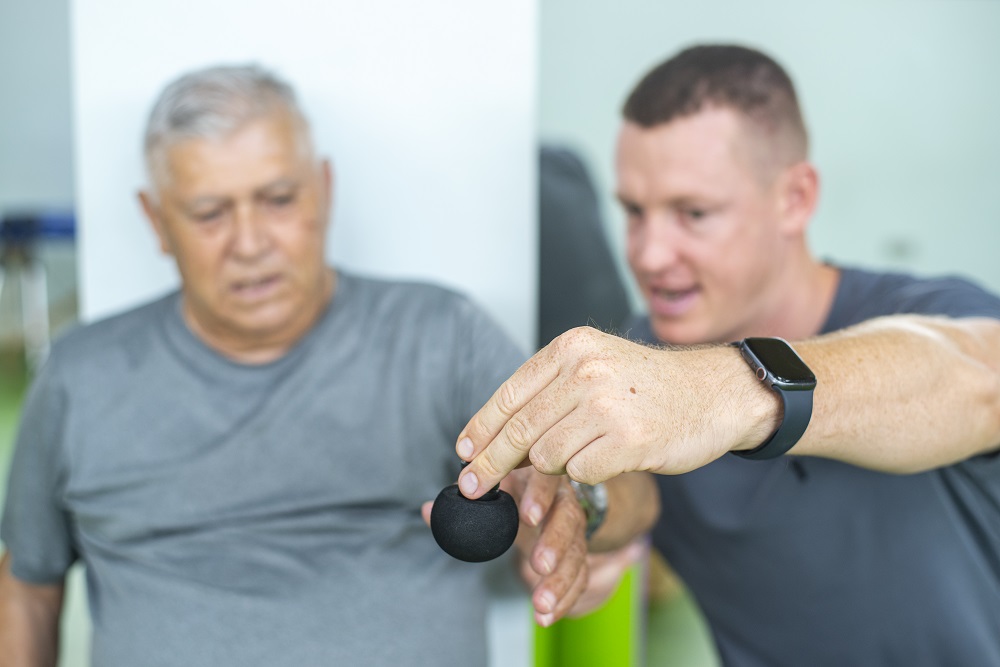Traumatic Brain Injury (TBI) is a condition that affects millions of people worldwide each year. Resulting from events such as car accidents, falls, sports injuries, and workplace accidents, TBI can have big consequences for those who experience it and their family. However there are rehabilitation programs designed to offer help and guidance in the recovery process.
Understanding Traumatic Brain Injury
TBI occurs when an external force impacts the skull, causing injuries to the brain. These injuries can vary in severity, from mild concussions to severe traumatic injuries resulting in permanent cognitive and physical disabilities. Symptoms of TBI can include headaches, dizziness, loss of consciousness, learning difficulties, memory problems, and changes in personality and behaviour.
The Importance of Rehabilitation
Rehabilitation programs play a crucial role in the TBI recovery process. These programs are designed to address the needs of each individual, providing a comprehensive approach that focuses on restoring brain function, improving quality of life, and reintegrating into society. By offering a combination of physical, occupational, speech and language, cognitive, and psychological therapies, rehabilitation programs help patients recover both physically and emotionally.
Rehabilitation Programs for Traumatic Brain Injury (TBI)
Neuropsychological Rehabilitation Program
1. This program focuses on improving cognitive functions affected by TBI, such as memory, attention, concentration, and problem-solving. It uses a variety of techniques, including mental stimulation exercises, memory and attention strategy training, and compensation therapies to help patients recover and improve their cognitive skills.
Physical Therapy Program:
2. Physical therapy is essential for helping patients regain mobility, strength, and physical coordination after TBI. This program may include muscle strengthening exercises, balance and coordination training, and mobilisation techniques to improve physical function and prevent long-term disability.
Occupational Therapy Program:
3. Occupational therapy focuses on helping patients perform daily activities and improve their functional independence after TBI. This may include training in self-care skills such as dressing and eating, home and workplace adaptations, and time and energy management techniques to optimize participation in daily activities.
Speech and Language Rehabilitation Program:
4. This program is designed to help patients recover and improve their verbal communication skills after TBI. It uses a variety of techniques, such as articulation and breathing exercises, language comprehension and social skills training, and augmentative and alternative communication therapies, to help patients express themselves effectively and improve their quality of life.
Psychological Support Program:
5. TBI can have a significant impact on an individual’s mental and emotional health. Therefore, rehabilitation programs often include psychological support to help patients cope with stress, anxiety, depression, and other emotional issues that may arise during the recovery process. This may include individual or group therapy, counseling in coping and resilience techniques, and education about TBI and its emotional effects.
Leave us your data to start your treatment







